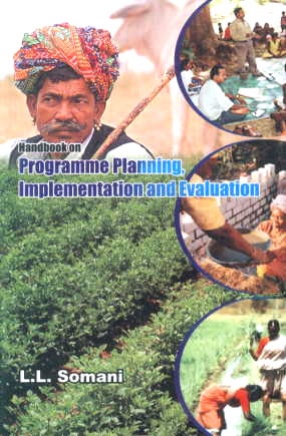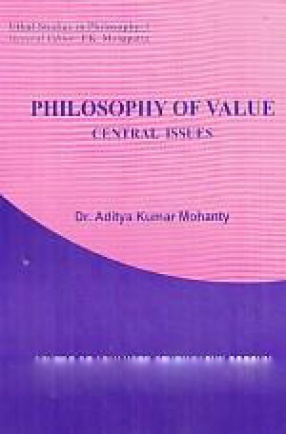Handbook on Programme Planning Implementation and Evaluation
Extension programmes are the basis of extension teaching and are the means by which the extension services seeks to accomplish its purpose. Programme planning is a written statement of decision making process involving critical analysis of the existing situation and the problems, evaluation of the various alternatives to solve these problems and the selection of the relevant ones, giving necessary priorities based on local needs and resources by the cooperative efforts of the people both official and non-official with a view to facilitate the individual and community growth and development. Extension programme forms the basis of extension teaching activities in a specific area, for a given period.
The general objectives of having in extension programming is to influence people to make changes in their way of life and in making a living. The assumption is that there is need for change and if people and not aware, it is necessary to make them aware of this; and to develop their needs. Only when the concepts and principles involved are truly understood can methods be evolved and techniques developed for their implementation in planning successful ventures involving local people.
Evaluation is an integral part of developmental process and an essential ingredient of agricultural development. It is process of determining the extent to which one has been able to attain the objectives.
Various concepts, models, principles, philosophy approaches and methods of planning, implementation, monitoring and evaluation of rural development programmes has been described in depth so as to help extension workers plan their programmes properly and effectively.
The present volume is expected to be of much help to the scholars, trainers, extension workers, scientists, planners and administrators in the field of agriculture in general and extension education in particular.
Get it now and save 10%
BECOME A MEMBER








Bibliographic information